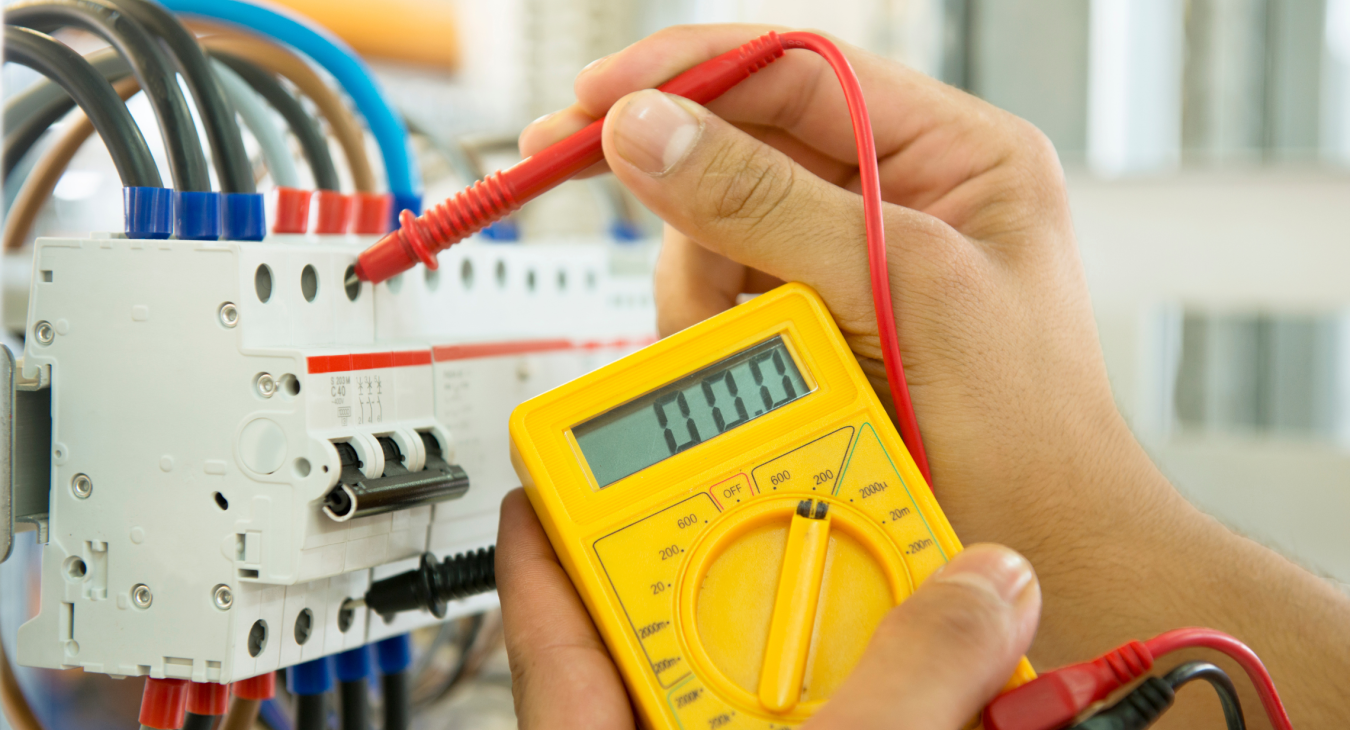
Electricity is an essential component for any business to run smoothly and efficiently.
Read on for an overview of what you need to know about electricity for your business, including safety, energy efficiency and regulations. Meeting these requirements will ensure your business operates safely, in compliance with regulations, while also reducing its carbon footprint and saving money on energy costs.
When it comes to sourcing electricity for your business, there are several options available. One option is to purchase electricity from a traditional utility company, which typically involves a fixed rate for energy usage. Another option is to source electricity from a renewable energy provider, which can help to make your business more eco-friendly. Some businesses also choose to generate their own electricity through on-site generation, such as solar panels or wind turbines.
It's vital to make sure that all electrical equipment and systems in your business are safe to use and not causing any hazards. There are strict regulations when it comes to electrical safety and it is the responsibility of the business owner to ensure that these regulations are met. This includes regular testing and maintenance of electrical equipment to make sure that wiring is in good condition, plugs and sockets are not damaged and circuit breakers are working correctly. Safety features, such as circuit breakers and earth leakage protection, can also be installed.
Businesses need to be aware of and comply with electricity regulations. These regulations are put in place to ensure that the electricity supply is safe and reliable, and that businesses are operating in an environmentally sustainable manner. Some examples of regulations that businesses need to adhere to include the Electricity at Work Regulations 1989, which states that electrical equipment and systems must be maintained and kept in a safe condition, and the Climate Change Act 2008, which sets targets for reducing greenhouse gas emissions. Businesses also need to have a valid license to carry out any electrical work and must comply with the regulations set by Ofgem and National Grid. Failure to comply with these regulations can result in fines, penalties and even criminal charges, so it's crucial for businesses to stay informed and up-to-date with the latest regulations.
When it comes to safety, we highly recommend using a licensed and experienced electrician to ensure that all work is carried out to the correct standards and that regulations are being met. They will be able to identify and solve any problems that may arise and can provide up-to-date advice on how to maintain and improve your electrical systems. They will provide you with the necessary documentation and certification to prove that the work has been done correctly. This can be very useful if you are ever audited or inspected by your local authority.
How energy efficient is your business? Energy efficiency not only helps to reduce the environmental impact of your business, but it can also save you money on energy costs in the long run. There are a number of ways to improve energy efficiency in your business, including investing in energy-efficient equipment and appliances, implementing energy-saving practices, and taking advantage of government incentives and programs. We suggest replacing old light bulbs with LED lights, upgrading to energy-efficient fridges and boilers and installing energy-efficient heating and cooling systems.
It's essential for businesses to understand and meet electricity requirements for their operations to run safely, efficiently and compliant with regulations. Based in Dorchester, we are Part P registered, NAPIT approved and listed on the Competent Person: Electrical register. Get in touch with us for a full inspection, testing and maintenance of your business’ electrical installations and appliances.

